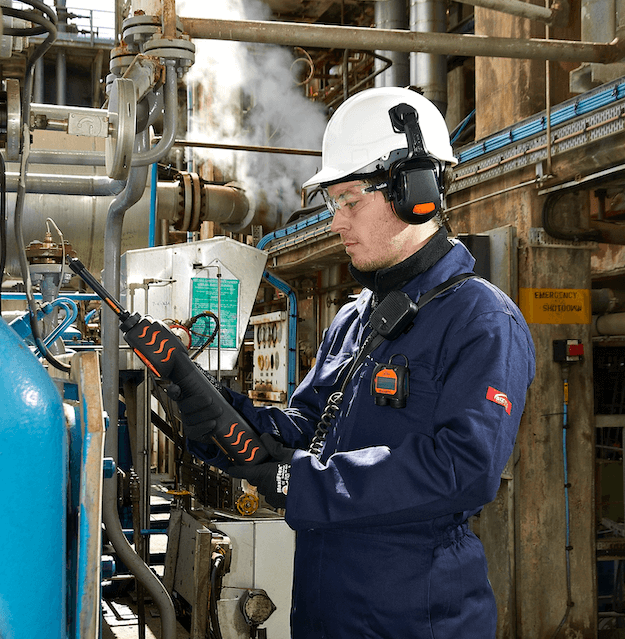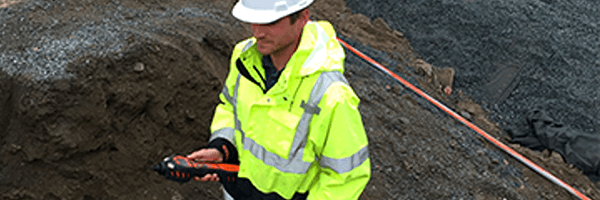
Benzene must be carefully monitored to mitigate the risk of exposure, but with correct management benzene can be applied in a variety of useful ways.
Benzene is regularly ranked as one of the top 20 most commonly used chemicals in industrial manufacturing, particularly in the USA and China. While this hydrocarbon has a range of practical applications and uses, including in plastics, resins, rubbers and synthetic fibres, the risks associated with benzene are not to be underestimated.
ION Science, the UK’s leading OEM for PID (photoionisation detection) technology, VOC (volatile organic compound) gas analysis, and monitoring, is an expert in protecting against benzene exposure. Working with a variety of industries that use benzene in their applications, ION Science has developed an experienced team who are able to advise, protect and manage benzene exposure in a range of situations.
Benzene is a common and useful hydrocarbon, however the long-term health risks of prolonged benzene exposure are serious. These can include leukaemia, anaemia, respiratory difficulties and compromised immune system. Immediate short-term effects include dizziness, rapid or irregular heartbeat, headaches, tremors, confusion, skin, eye, or lung irritation, and in high concentrations, benzene can prove fatal.
Benzene Webinar
Wednesday 3rd November
15:00 (GMT)
REGISTER NOW

In the environment, particularly soil and water, benzene can prove just as devastating in its impact. Benzene does occur naturally in very low levels as the result of volcanic activity, but primarily when found in the environment, it is as a result of industrial accidents, improper disposal, leaks, spills, and leachate from landfill. Once benzene enters the soil and water systems, it breaks down very slowly and poses a risk to wildlife and human health through chemical build up.
Should benzene be consumed (such as through contaminated water), it can lead to the above short-term effects, as well as vomiting and stomach irritation.
Fortunately, as a common hydrocarbon that is used in many industries, there are several technologies to help detect and monitor benzene available. VOC gas detection, supported by PID technology, is the most effective way to detect benzene in the environment or air. Detection at low levels, such as parts per million or parts per billion (ppm or ppb) is also essential for ensuring that the contaminating benzene can be removed to safe and legal levels through appropriate methods. ION Science has the technology and expertise to help detect and monitor benzene in a number of scenarios, protecting the health of people and the environment in the long term.
For benzene that has contaminated soil, there are both in-situ and ex-situ solutions available for the cleaning and removing of contaminants. In-situ offers soil vapour extraction, whereby benzene vapours are stripped from soil by aerobic or anaerobic biodegradation. This leaves the soil intact while removing the harmful benzene. Ex-situ is much more primitive, involving the removal of the affected soil by excavation. Soil vapour extraction is the preferred method, but it does pose the risk of leaving traces of benzene behind that have ingrained into the environment via adsorption.
To ensure the safety of the public and the protection of the environment and wildlife, if benzene exposure is a risk it must be dealt with efficiently and to the highest standards of industrial hygiene. ION Science, as an expert in gas detection and monitoring, has solutions available for the detection and long-term monitoring of benzene.
The Tiger Select portable benzene gas detector can provide 15-minute short-term exposure limits and 8-hour time-weighted averages for total aromatic compounds (TACs).
For personal protection, the Cub TAC 10.0 eV solution is designed specifically for use in benzene monitoring. When used together, the Tiger Select and Cub TAC are the best protection against benzene exposure with the highest level of protection.
For press enquiries please contact: Hannah Albone hannah.albone@cogent.co.uk or 07483047567, alternatively contact David Leatham David.leatham@cogent.co.uk or on 07483 071 833.







 United Kingdom
United Kingdom






